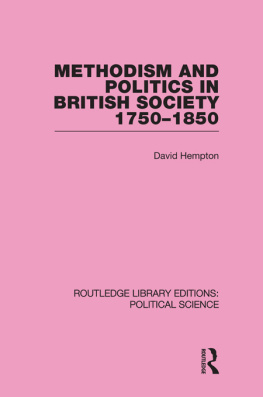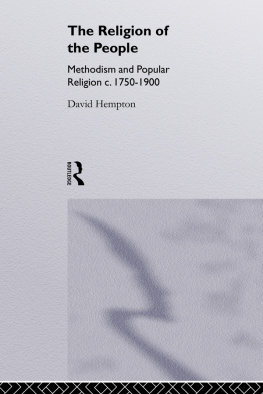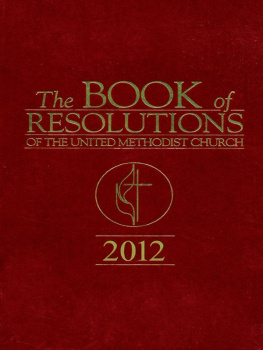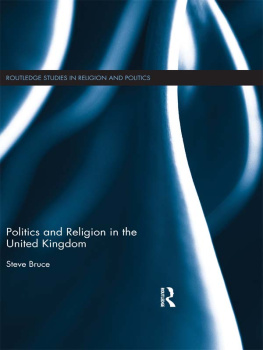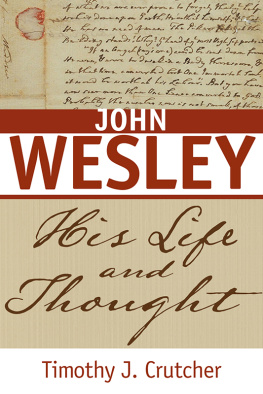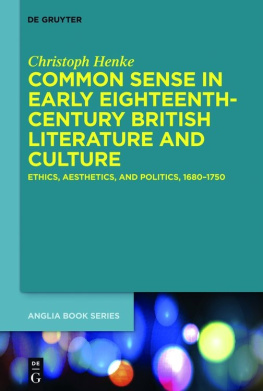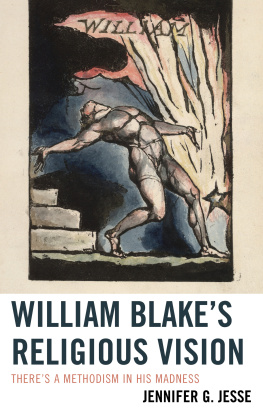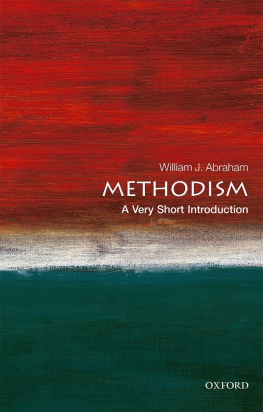ROUTLEDGE LIBRARY EDITIONS: POLITICAL SCIENCE
Methodism and Politics in British Society 17501850
First published 1984
This edition first published in 2010
by Routledge
2 Park Square, Milton Park, Abingdon, Oxon, OX14 4RN
Simultaneously published in the USA and Canada
by Routledge
711 Third Avenue, New York, NY 10017
First issued in paperback 2012
Routledge is an imprint of the Taylor & Francis Group, an informa business
1984 David Hempton
All rights reserved. No part of this book may be reprinted or reproduced or utilised in any form or by any electronic, mechanical, or other means, now known or hereafter invented, including photocopying and recording, or in any information storage or retrieval system, without permission in writing from the publishers.
British Library Cataloguing in Publication Data
A catalogue record for this book is available from the British Library
ISBN 13: 978-0-415-49111-2 (Set)
Publishers Note
The publisher has gone to great lengths to ensure the quality of this reprint but points out that some imperfections in the original copies may be apparent.
Disclaimer
The publisher has made every effort to trace copyright holders and would welcome correspondence from those they have been unable to trace.
ISBN13: 978-0-415-65011-3 (PBK)
ISBN13: 978-0-415-55571-5 (HBK)
Hutchinson & Co. (Publishers) Ltd
An imprint of the Hutchinson Publishing Group
1721 Conway Street, London W1P 6JD
Hutchinson Publishing Group (Australia) Pty Ltd
PO Box 496, 16-22 Church Street, Hawthorne, Melbourne, Victoria 3122
PO Box 151, Broadway, New South Wales 2007
Hutchinson Group (NZ) Ltd
3234 View Road, PO Box 40086, Glenfield, Auckland 10
Hutchinson Group (SA) (Pty) Ltd
PO Box 337, Bergvlei 2012, South Africa
First published 1984
David Hempton 1984
Set in Times by BookEns, Saffron Walden, Essex
Printed and bound in Great Britain by
Anchor Brendon Ltd,
Tiptree, Essex
British Library Cataloguing in Publication Data
Hempton, David
Methodism and politics in British society
17501850.
1. Methodist ChurchGreat Britain
History 2. Church and the world
I. Title
261.10941 BX8276
ISBN 0 09 158000 5
For my parents
Contents
In the preparation of this book I have accumulated an immense debt to a great number of people. My thanks go first to Professors Norman Gash, W. R. Ward and W. L. Warren. Professor Gash supervised my postgraduate research, and shared something of his incomparable knowledge of early nineteenth-century British politics. Professor Wards monumental labours in English archives have taken our understanding of Methodist history on to a new level. I am specially grateful to him for taking the trouble to read the whole book in typescript, and for offering constructive criticisms. Without Professor Warrens practical help and advice over the past decade, this book would simply not have been written.
Several others have taken time from more valuable pursuits to read various drafts and to offer expert suggestions for its improvement Dr Ian Green dealt with the manuscript in its most unpleasant form, and Dr David Bebbington gave freely of his wide knowledge of nineteenth-century Nonconformity. Dr Peter Jupp kindly made available to me his enormous collection of transcripts from the correspondence of British politicians in the period 1790-1830. This helped me to see the Methodists in a rather different light. John Prest gave me access to his family papers, and talked to me about early Victorian liberalism. Dr Martin Ingram stimulated some new thoughts, and rightly demolished some old ones.
My warmest thanks are due to my friend Sheridan Gilley who has been a constant source of encouragement and an indispensable supplier of information on all aspects of religious and social history in the modem period. This book is immeasurably better for his contribution.
I never cease to be impressed by the good humour and efficiency of librarians and archivists, when confronted by eccentric historians in search ofcrucial information. In particular, I wish to thank those in the Queens University of Belfast and in the John Rylands University Library of Manchester. I, in common with countless other students of Methodism, owe a special debt to Dr J. C. Bowmer who looked after the Methodist Church Archives when they were in City Road, London. I am also grateful to the Irish branch of the Wesley Historical Society for access to its fine library and manuscript collection.
I should never have been able to complete this book without the generosity of the Queens University of Belfast and the helpfulness of my colleagues in the History Department. This high level of cooperation extended to the departmental secretaries Yvonne Smyth and Olivia Johnston, who were remarkably tolerant of my demands on their time.
My heaviest debt of all is to my wife who has cheerfully accepted the domestic consequences of having an historian in the house. Finally, I must apologize to Stephen, who should not have had to compete with the Methodists for his fathers attention in the first year of his life. Mercifully, he is too young to read what follows.
David Hempton
Belfast 1983
1
Introduction
The study of late-eighteenth and early-nineteenth century Methodism as a national movement has ceased to pay dividends, and references to Halevy should be sternly avoided. What were considered to be secondary matters were hurriedly brushed aside to get at the big question of whether Methodism made men more radical or less. As with early modem Puritanism, however, regional studies soon made it clear that the dominant social theory was insufficiently subtle and flexible to embrace the diversity of local religious behaviour.
The Halevy thesis is, of course, far from buried - nor should it be-but other questions have at last received their share of historical attention. As a result much more is known about the numerical strength, social structure, geographical distribution and political significance of eighteenth- and early nineteenth-century Methodism. An increase in knowledge has inevitably led to an increase in complexity. There was after all not one Methodism, but many Methodisms in many places at many times. The much described chapel culture was scarcely the same thing in rural Lincolnshire as it was in suburban Manchester. Similarly, the sermons of Conference dignitaries had little in common with those of Comish folk preachers, and the political aspirations of Lancastrian manufacturers were poles apart from those of Durham trade unionists. But such variations should be used as a warning against inflexible analysis, not as an excuse for refusing to engage in it. For while it is true that all history is ultimately local history, Methodism, with all its diversity, made a profound impact on national life, especially in the nineteenth century. Interpreting that impact, albeit only in political terms, is the subject of this book, but first it is necessary to say something about the strength and distribution of Methodism in British society between 1750 and 1850.
Who were the Methodists?
A formidable array of statistical tables and graphs are now available to students of Methodism thanks to the efficiency of Methodist records and to the diligence of R. Currie et al .
Statistics, however well constructed, have their limitations. For example, Methodist local histories and biographies show that beyond the solid core of chapel communities there was a band of denominational gypsies of no fixed abode. Some were subject to the most dramatic denominational fluctuations. The historian of Cornish Methodism records the spiritual journeys of a Truro dressmaker who moved from Methodism to Quakerism via the parish church and the

